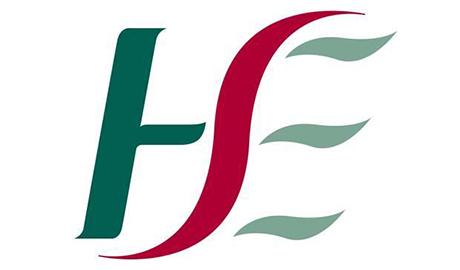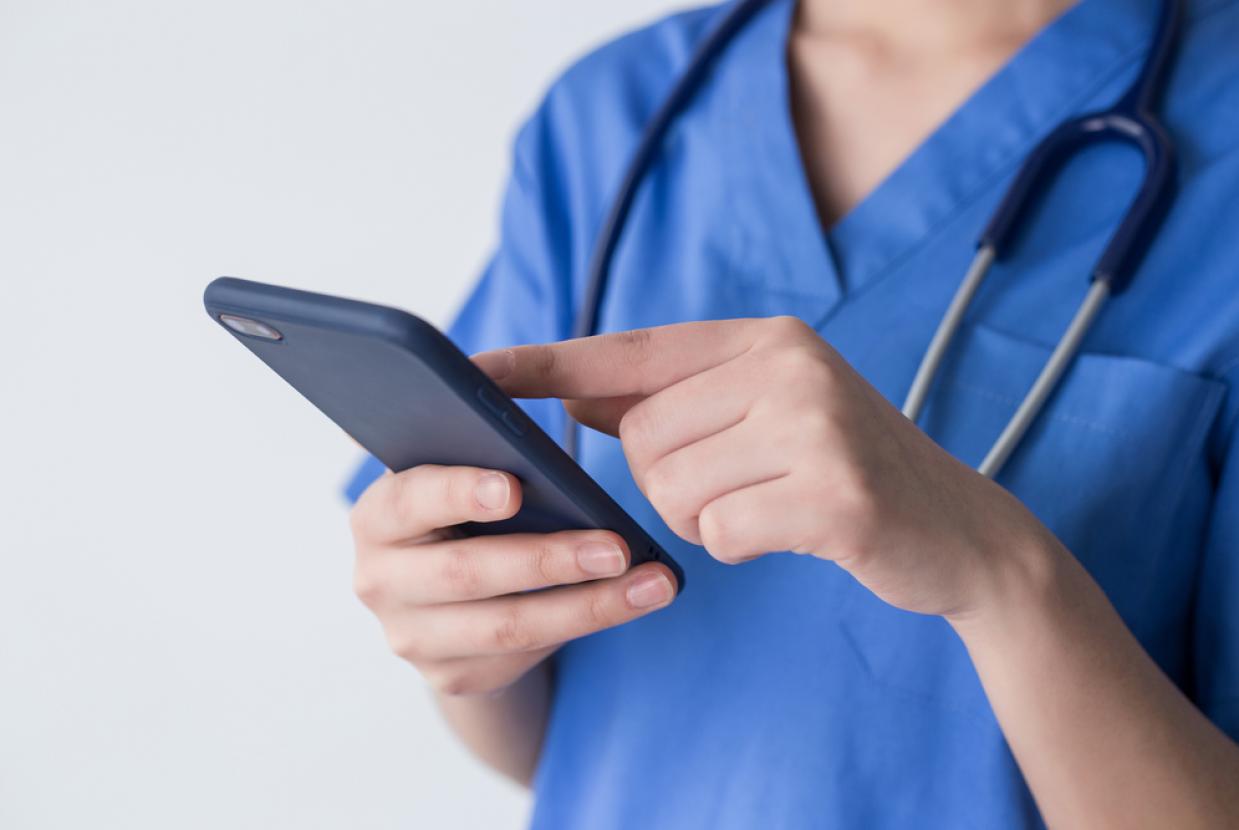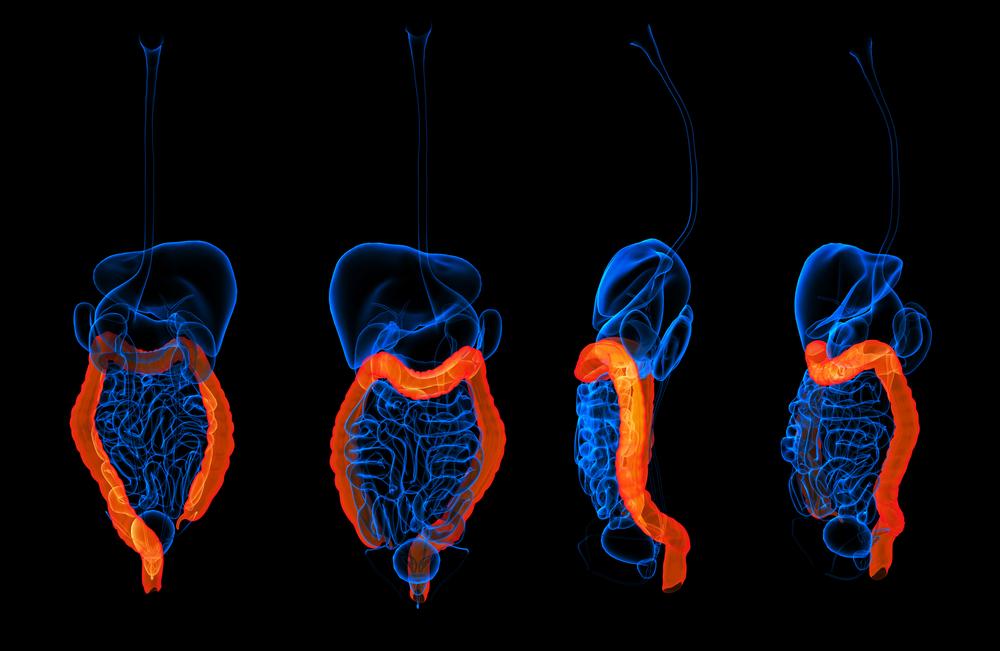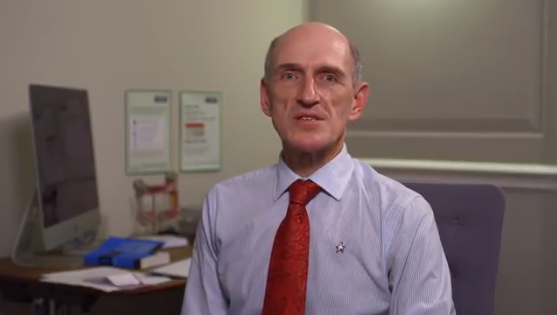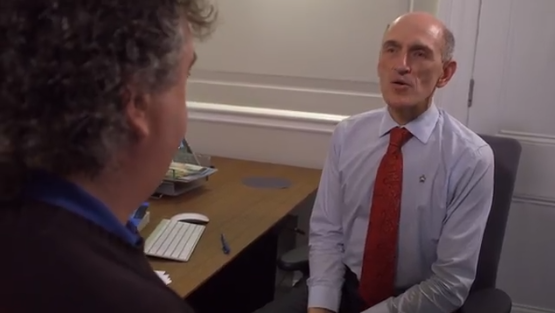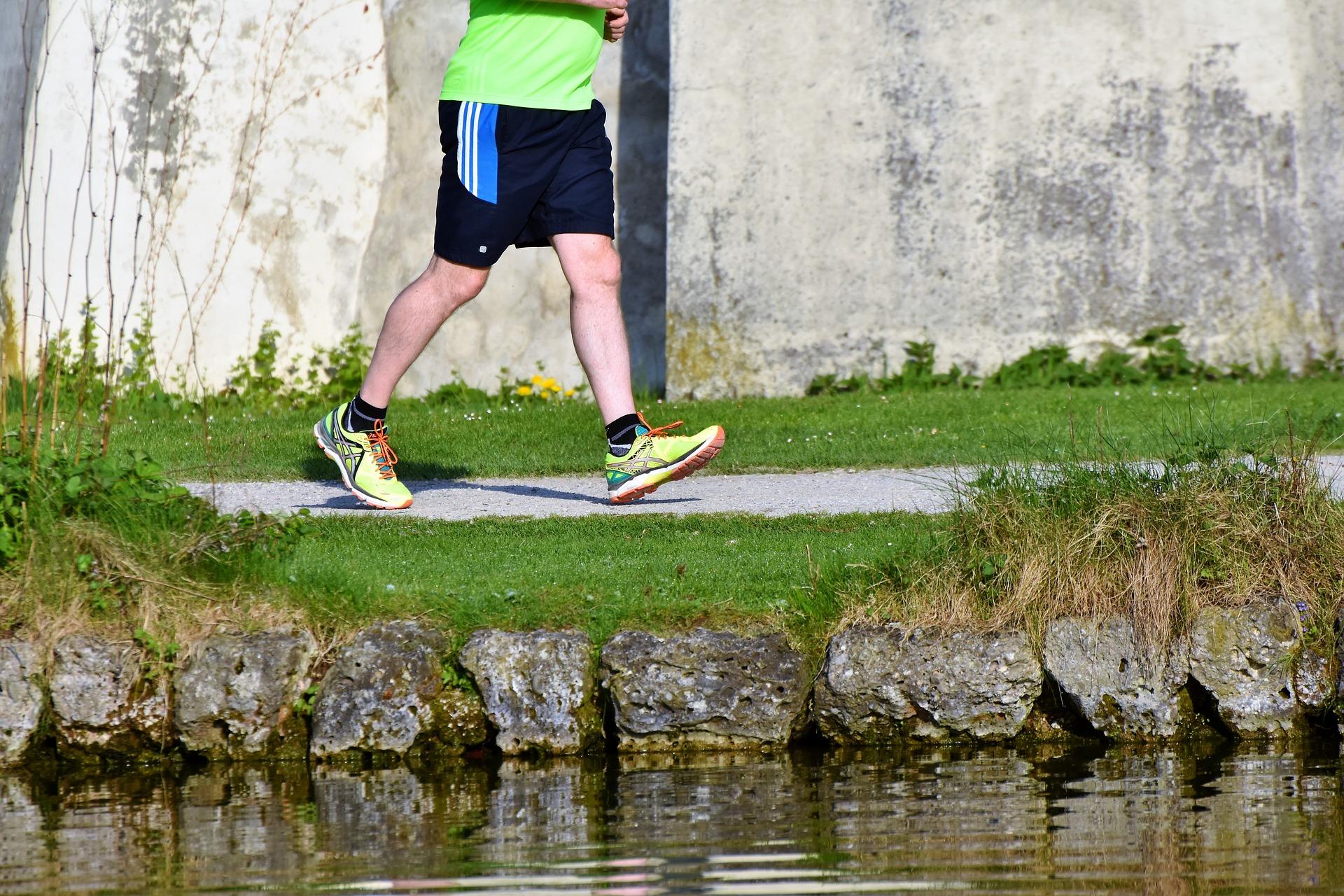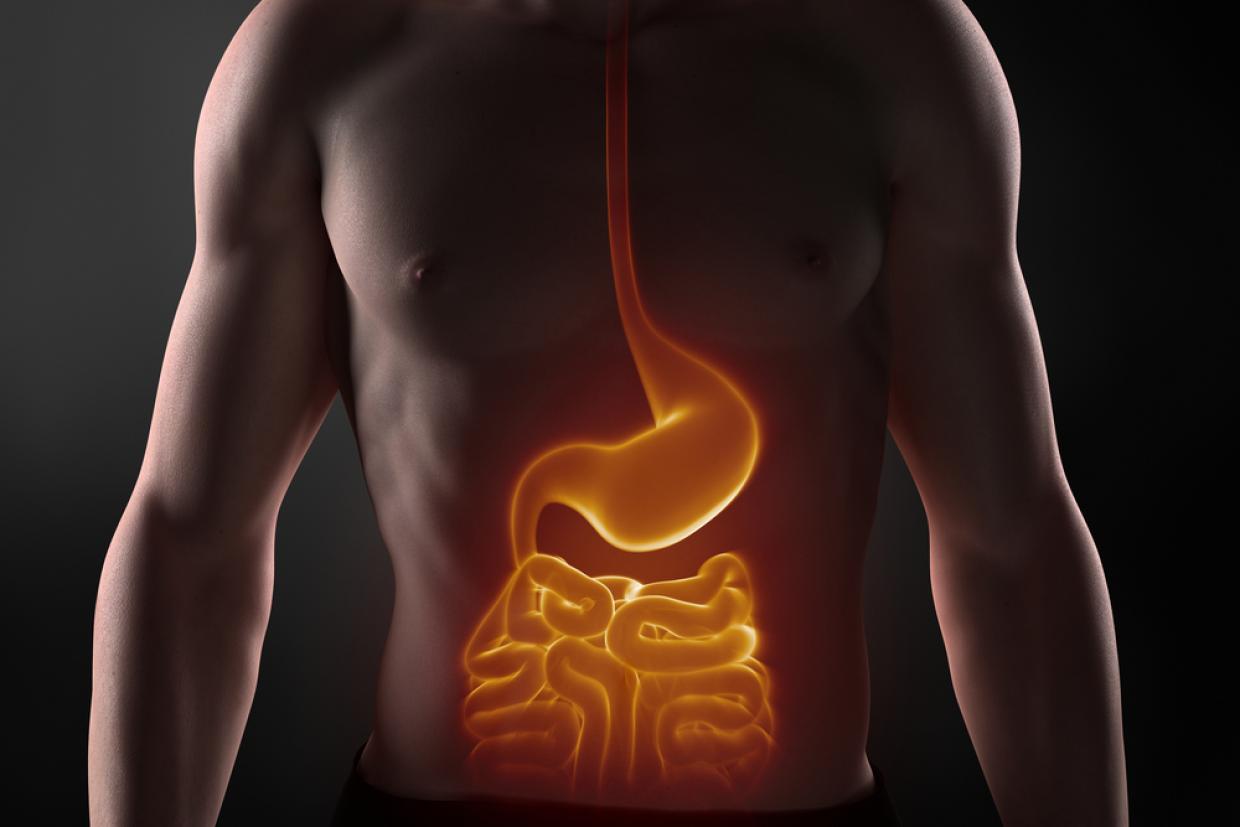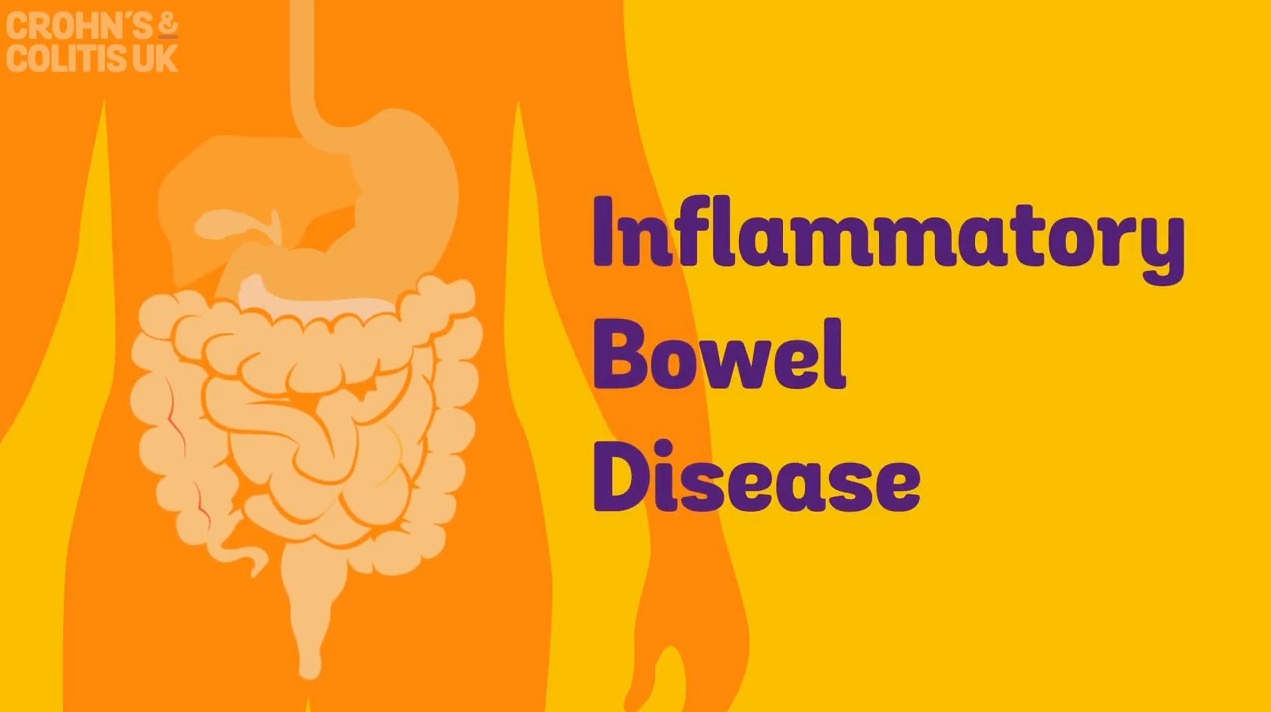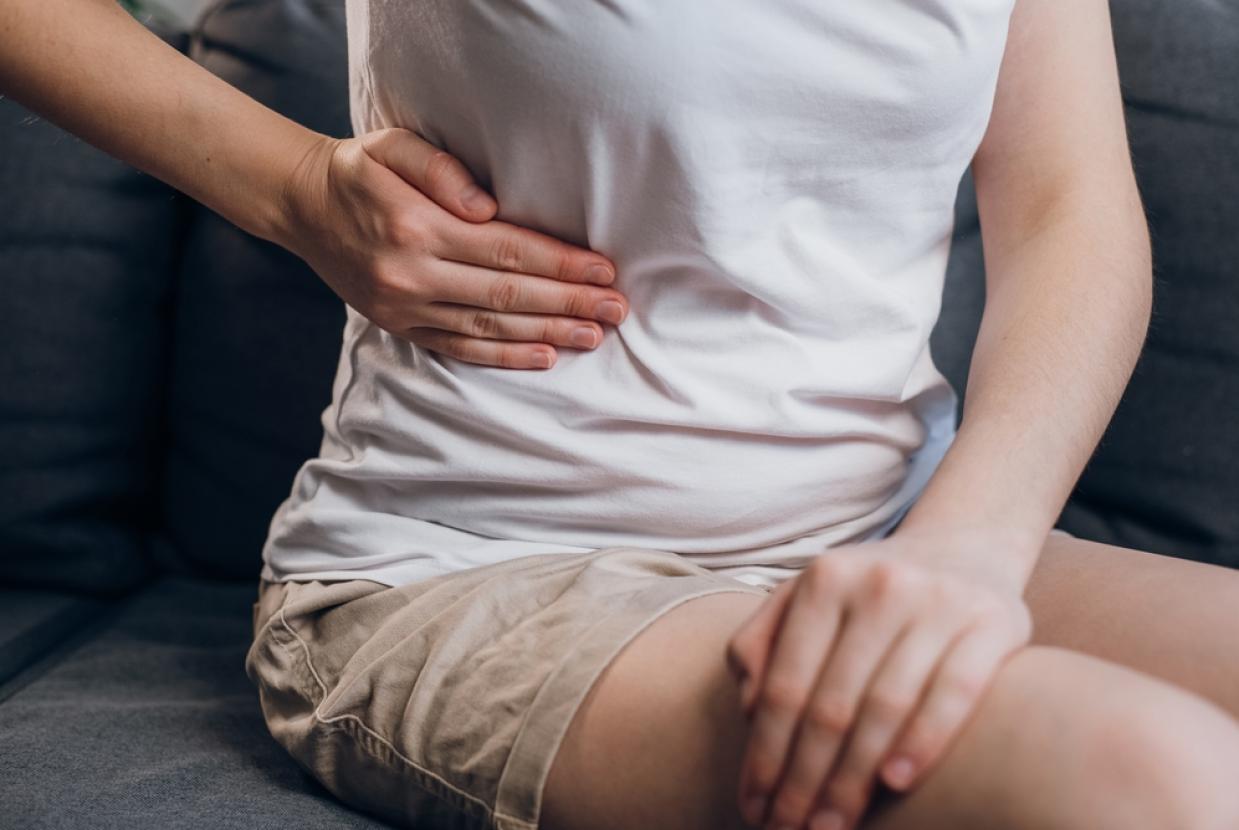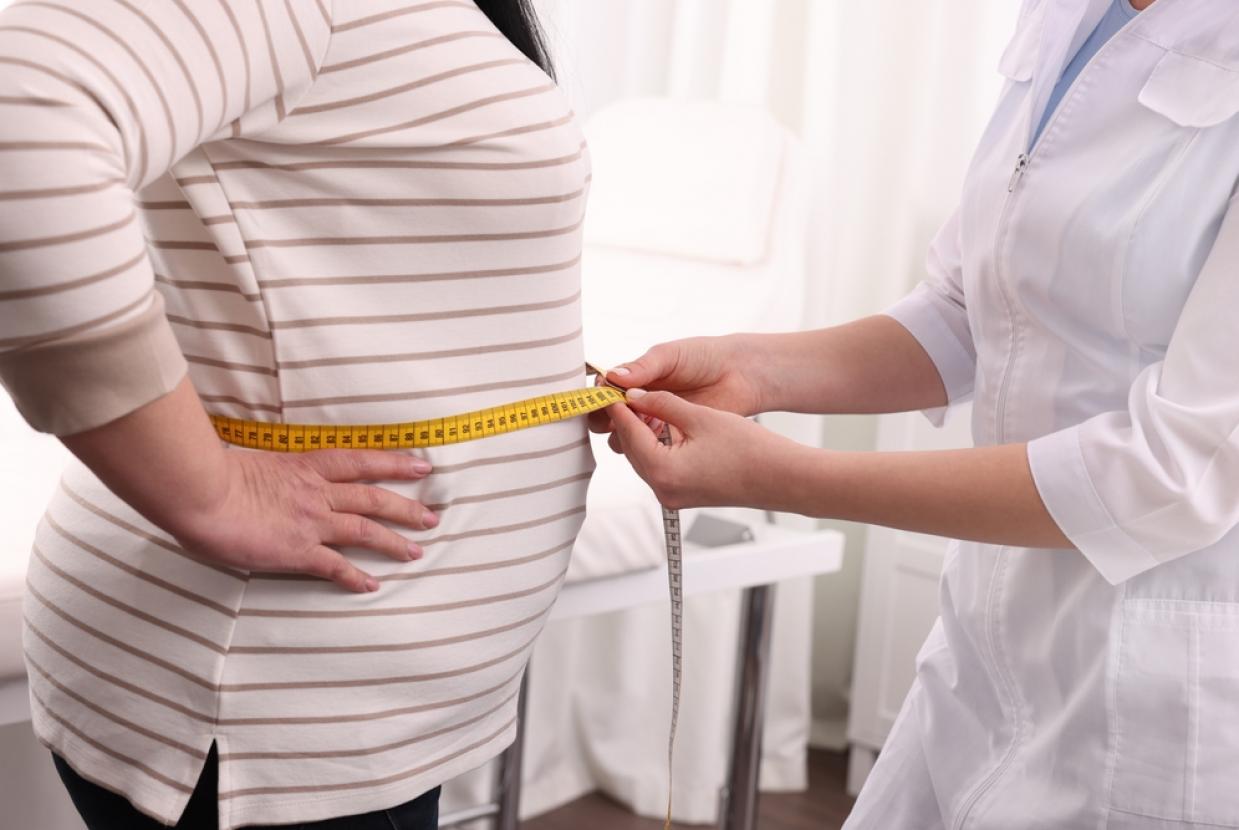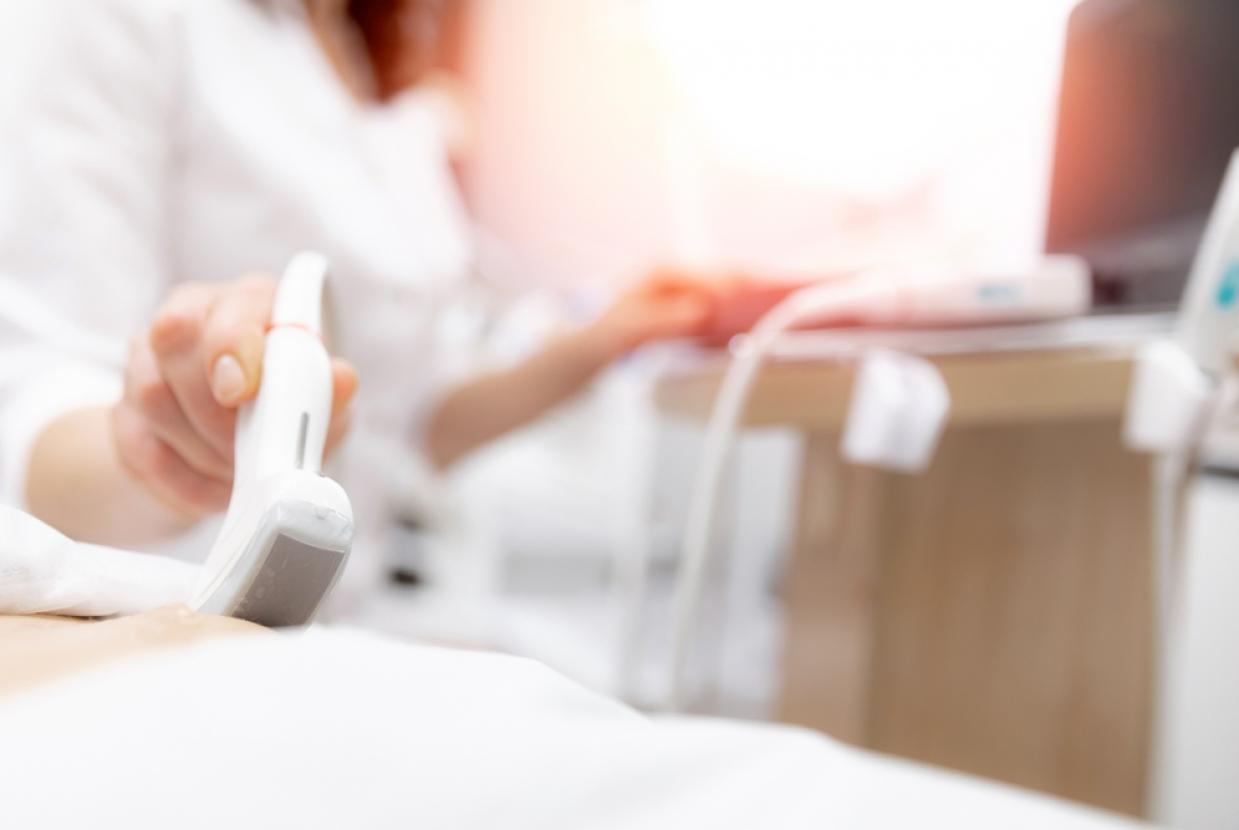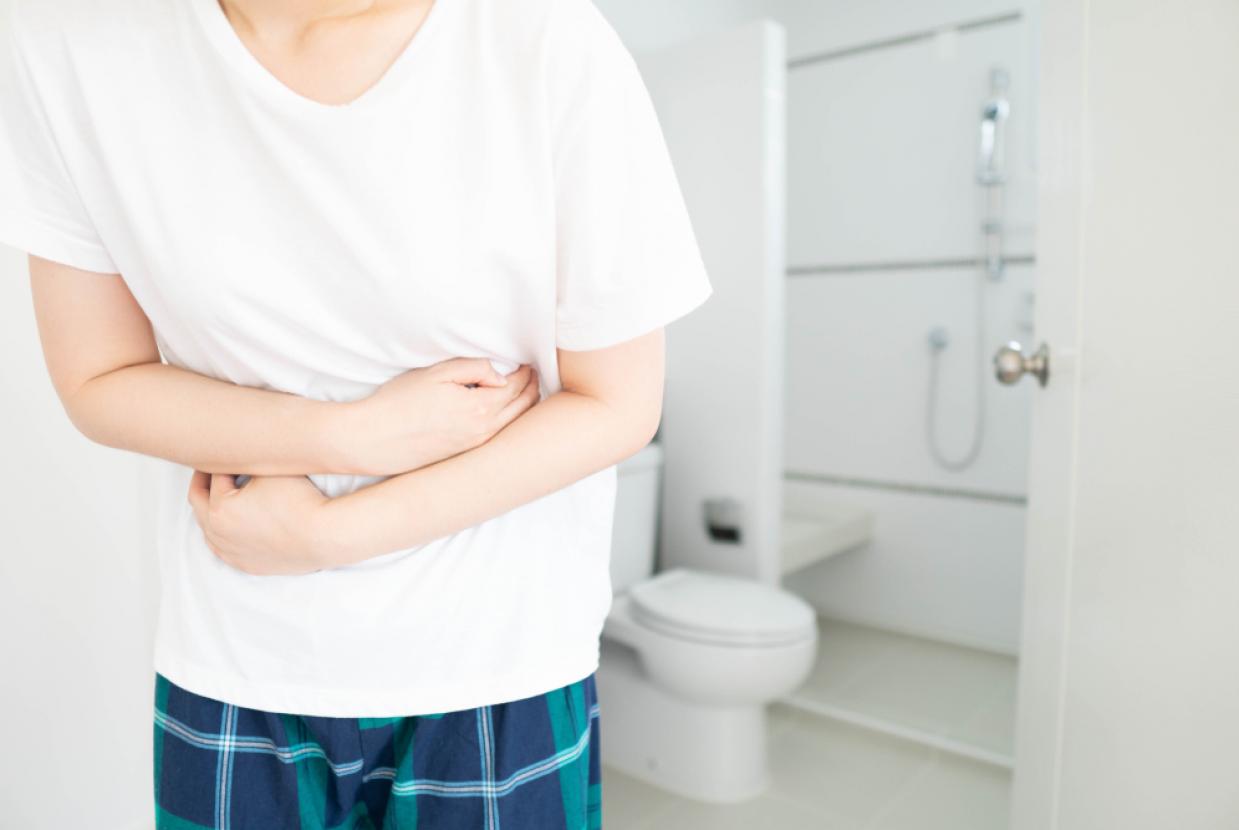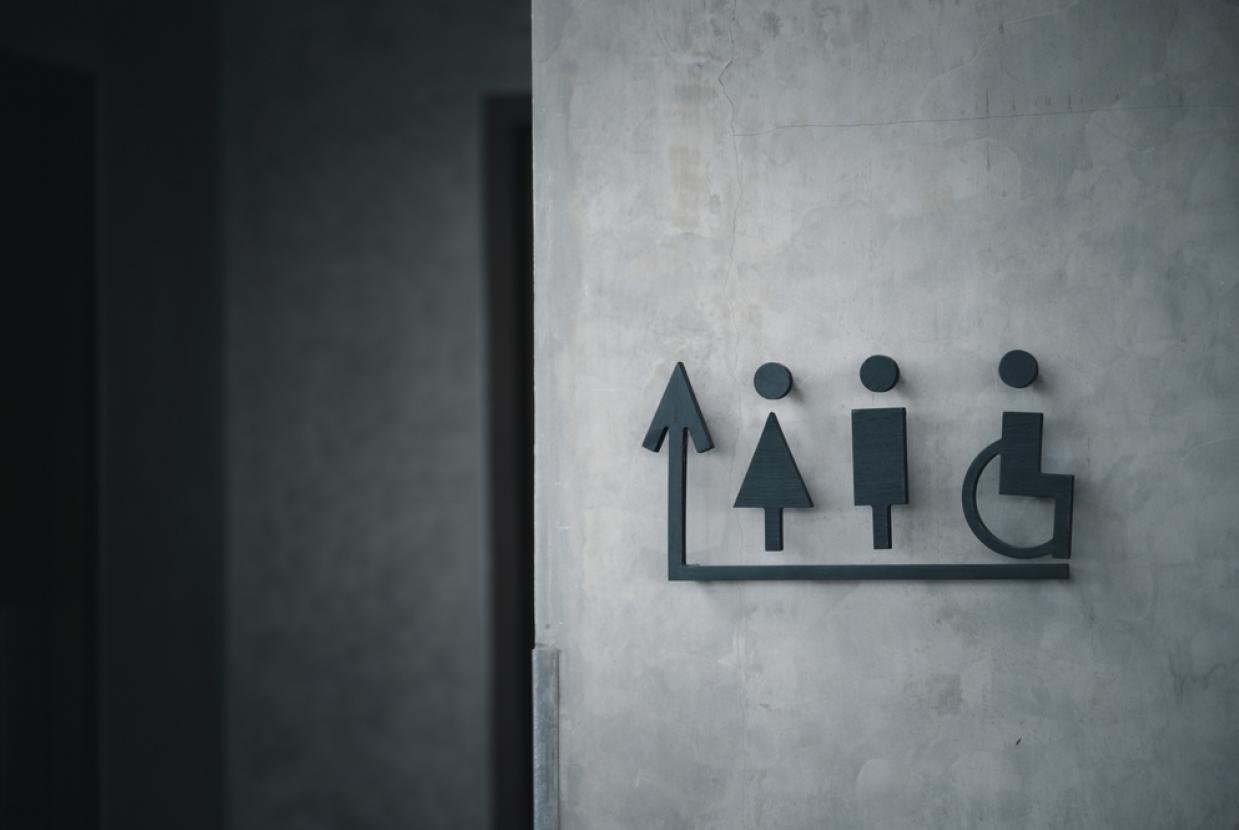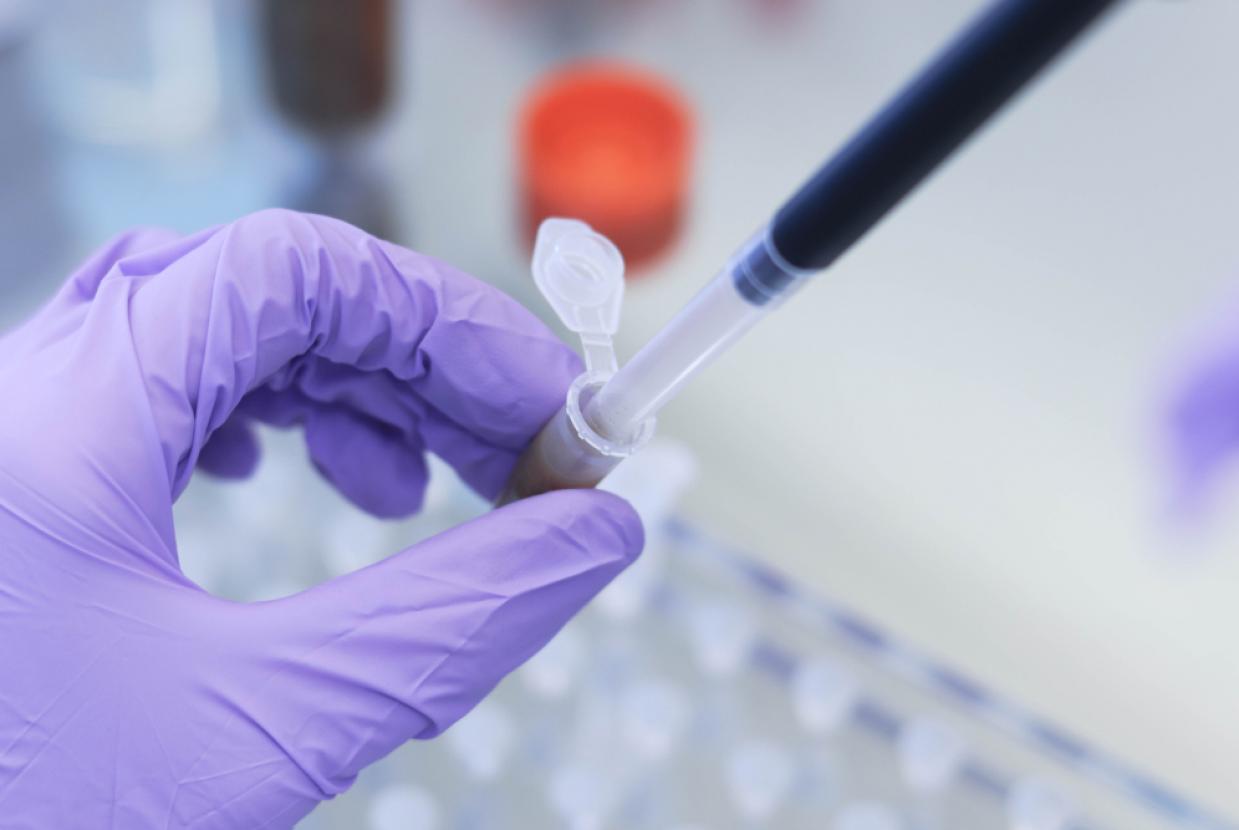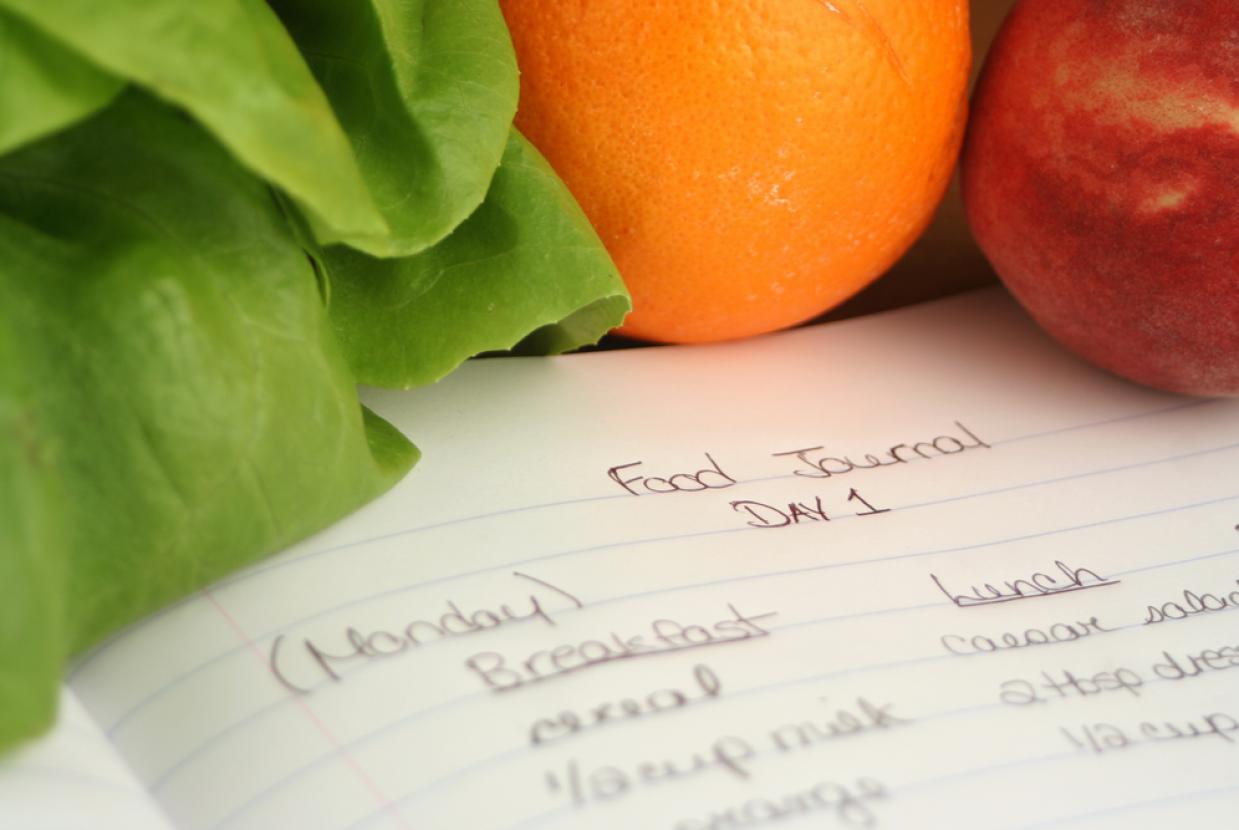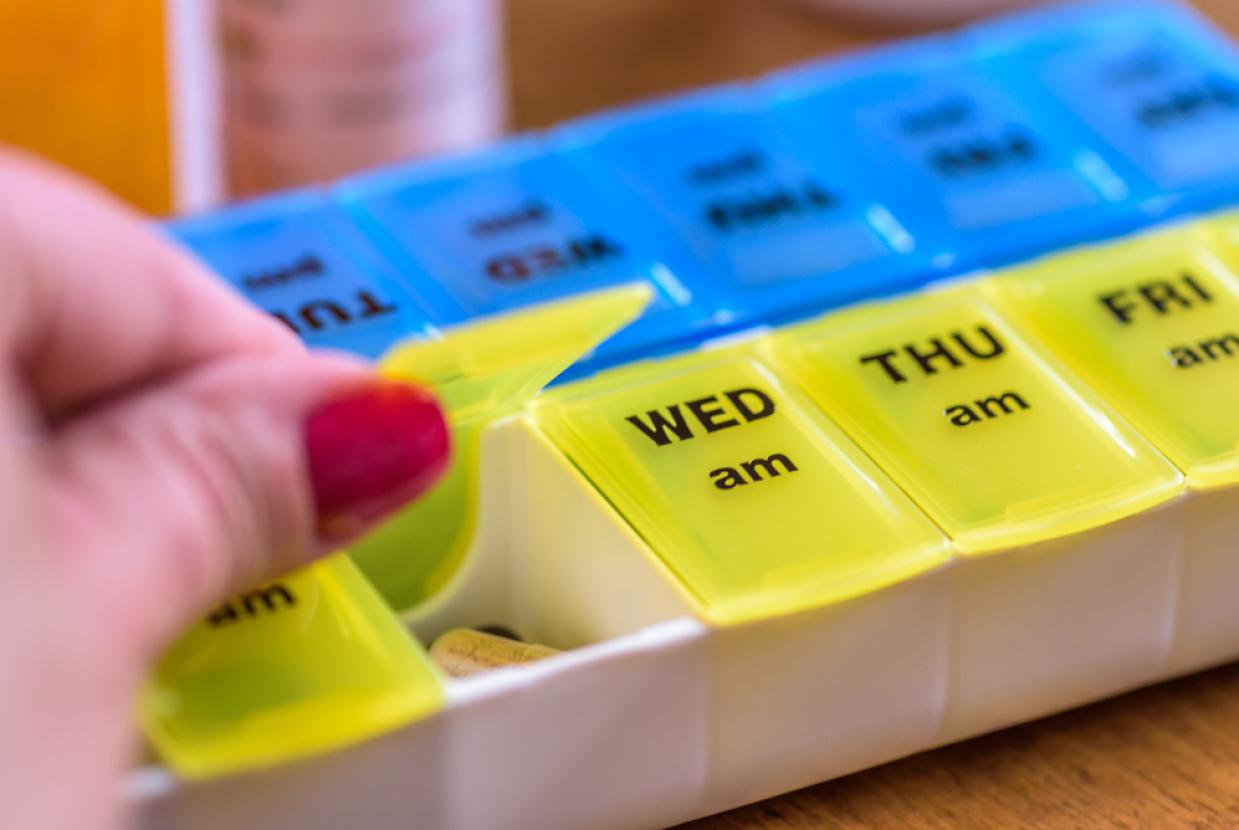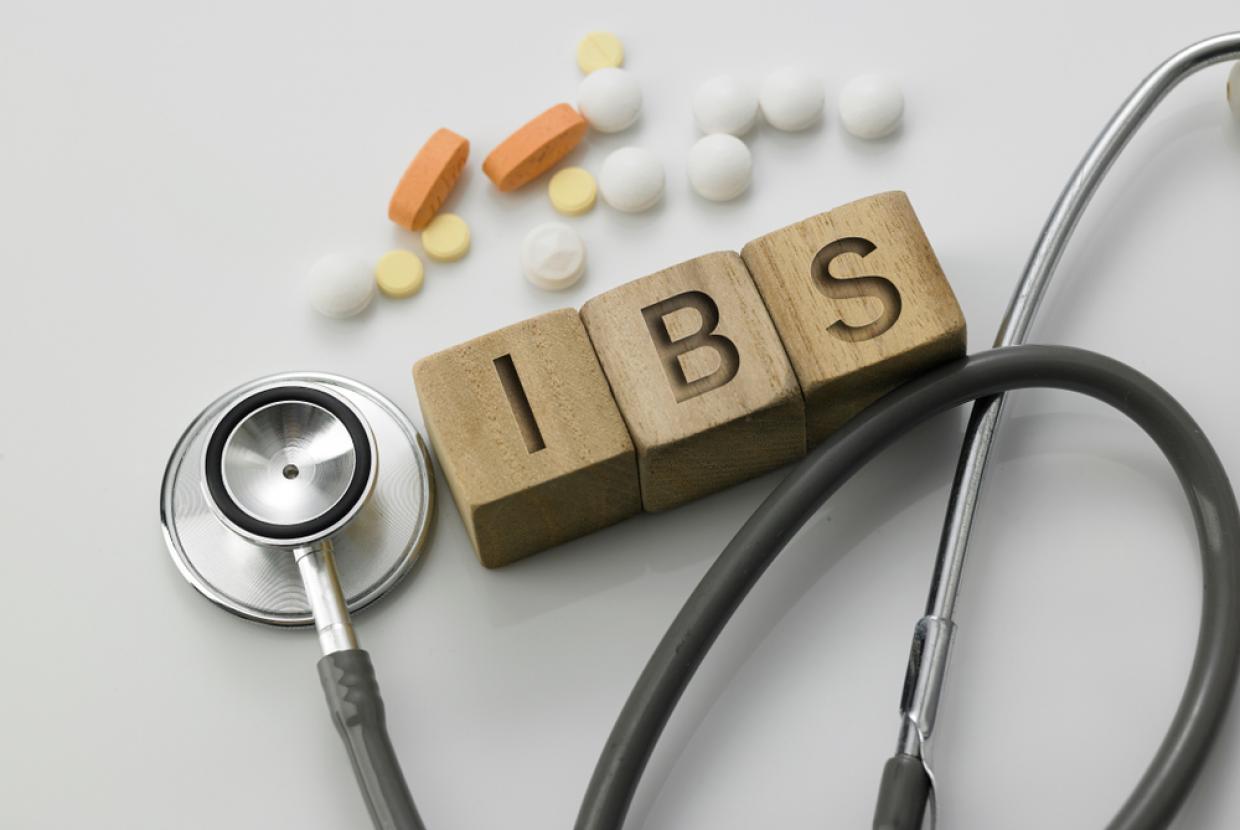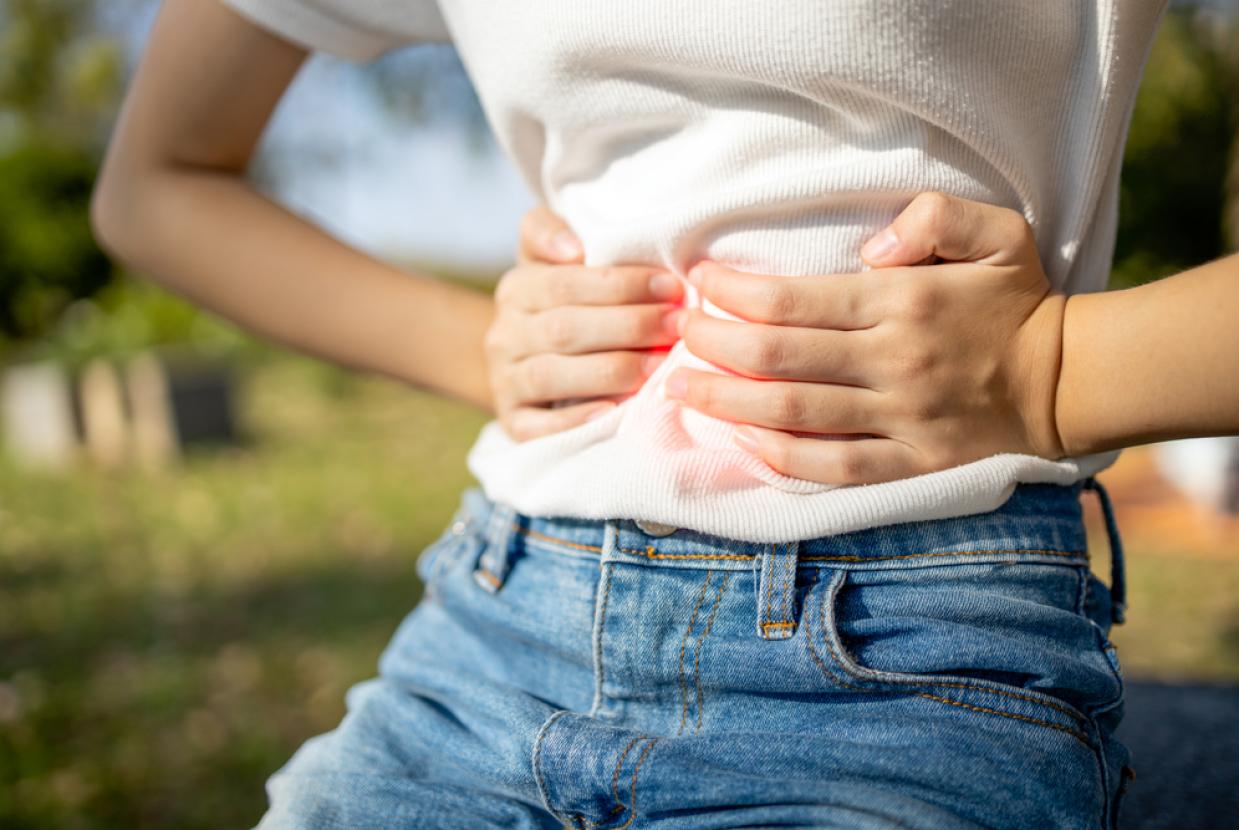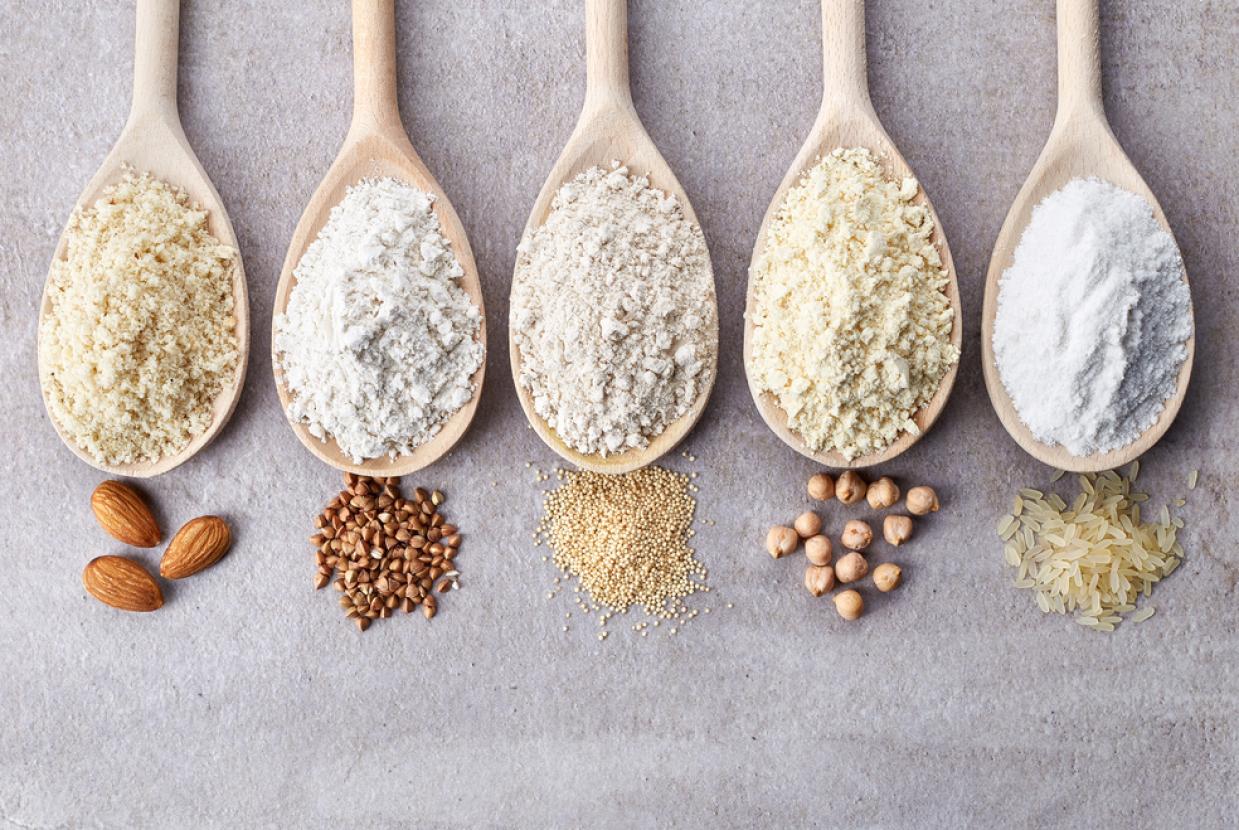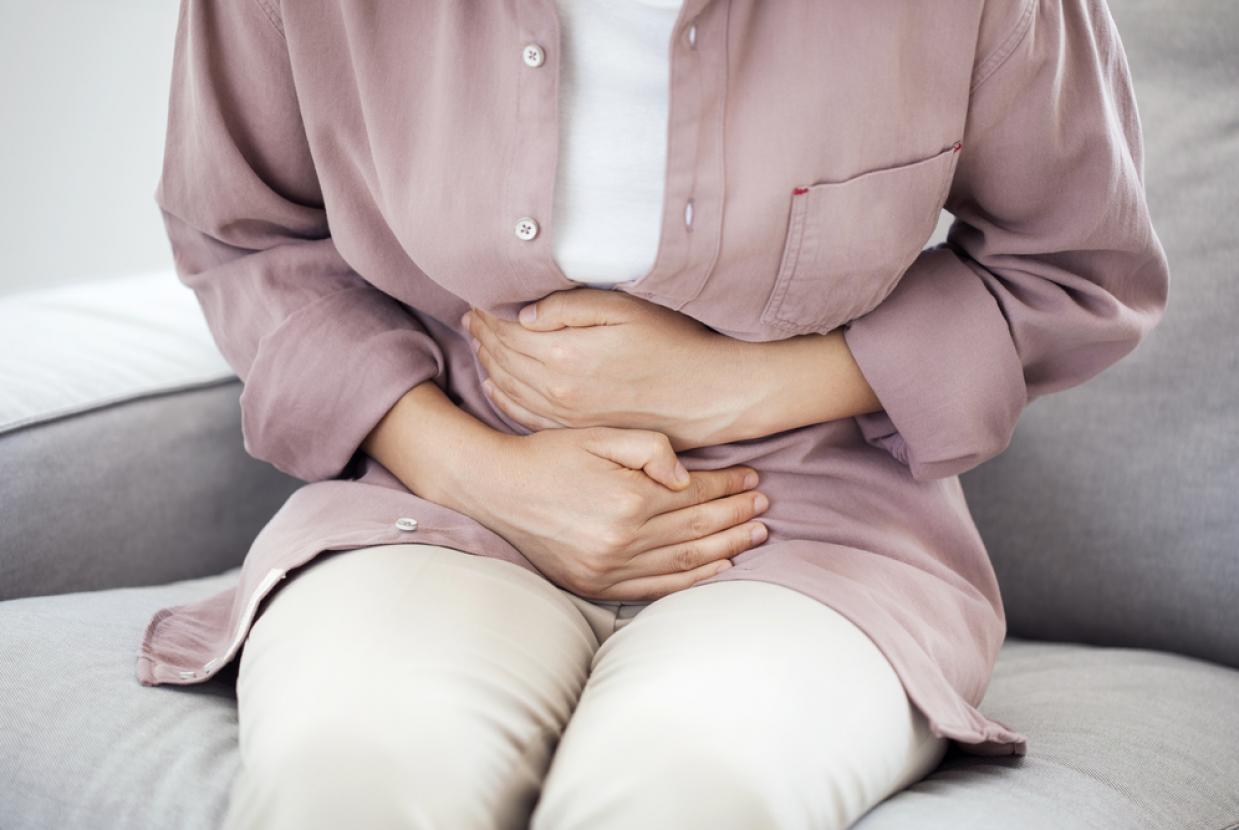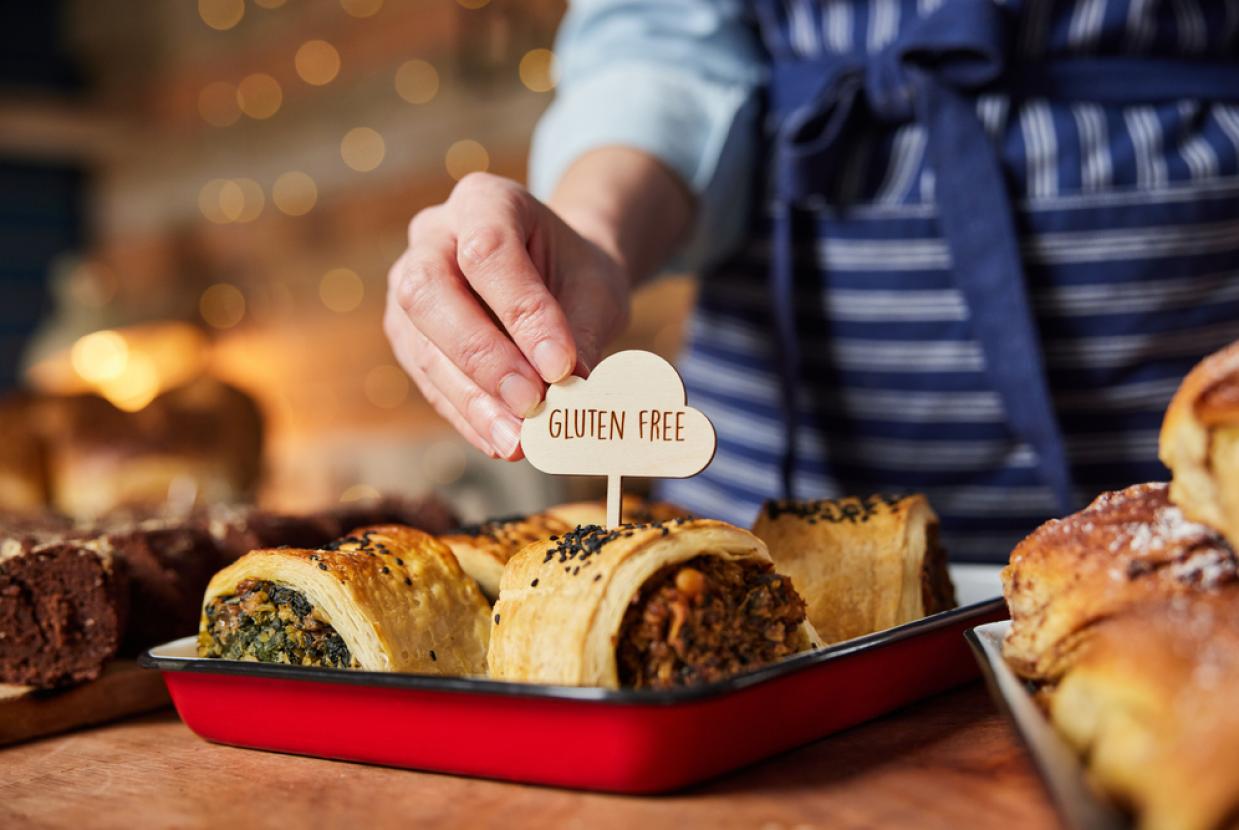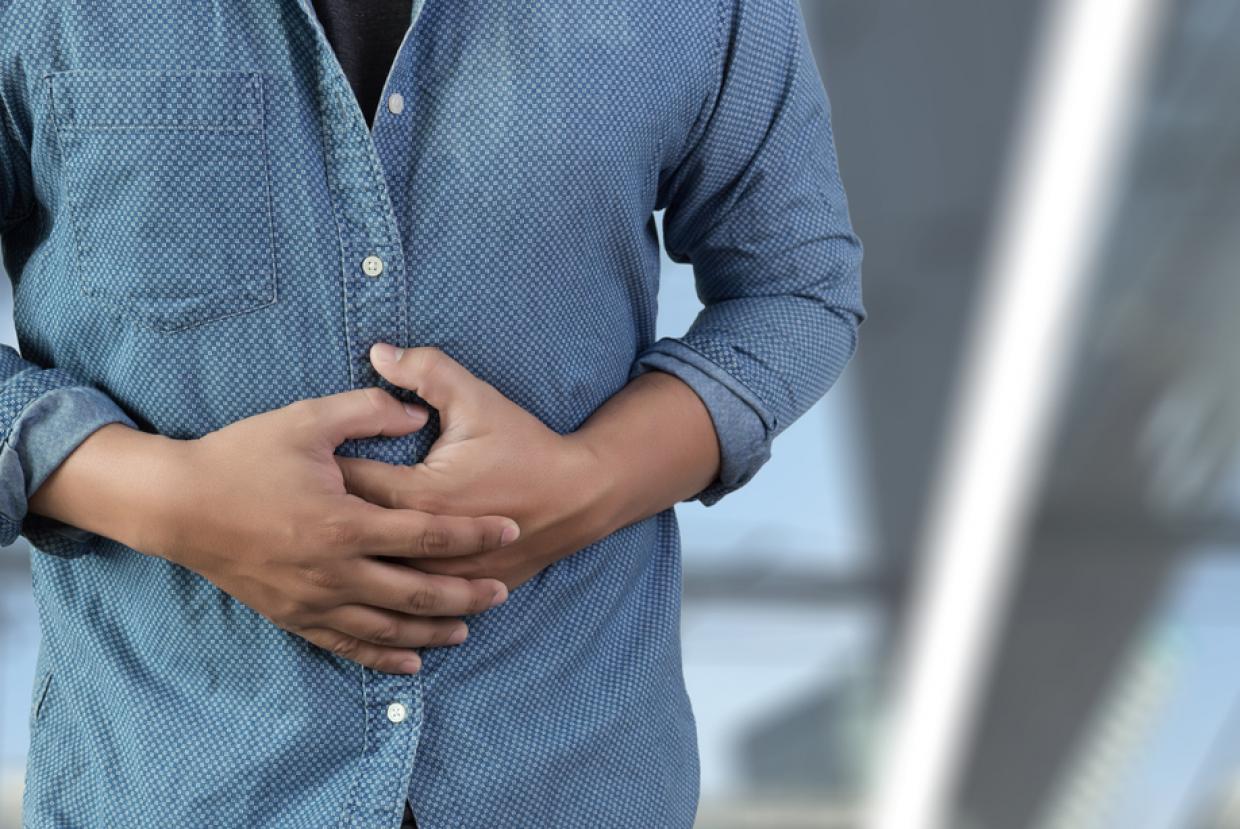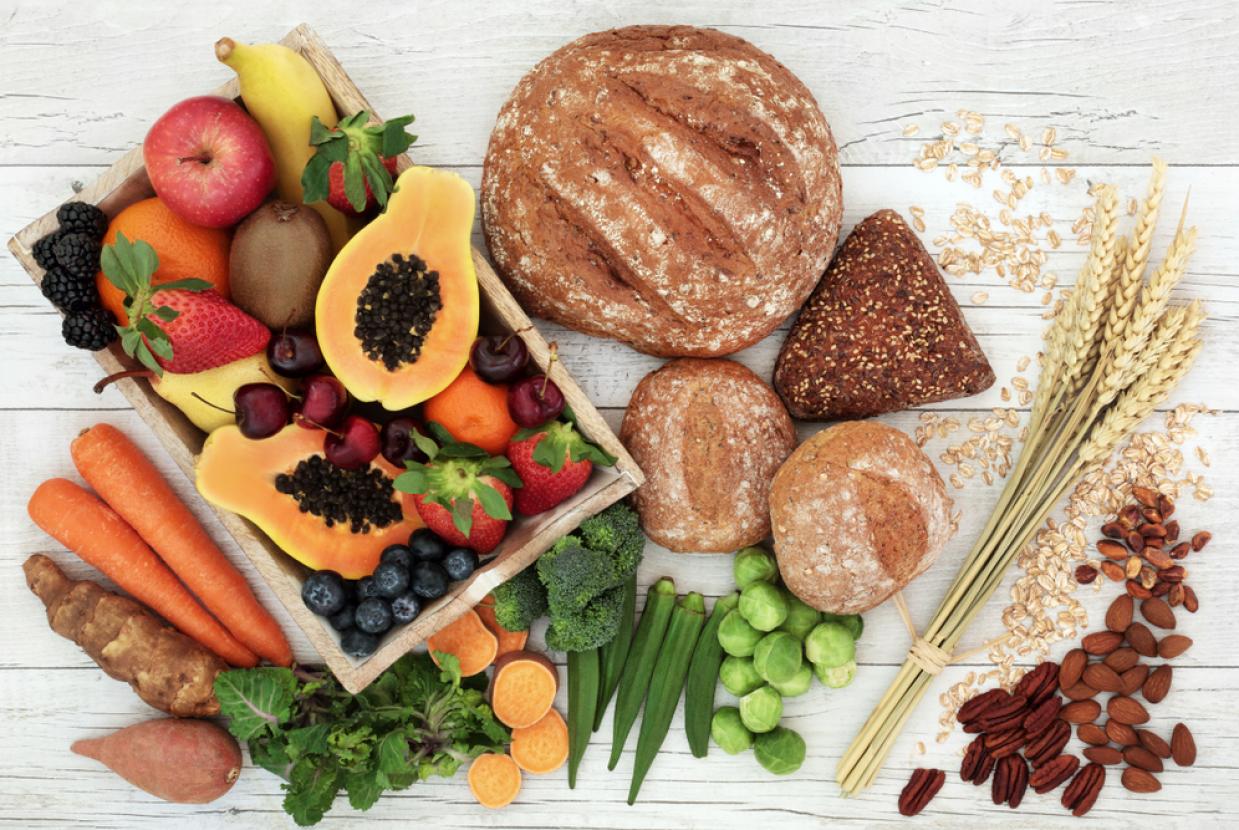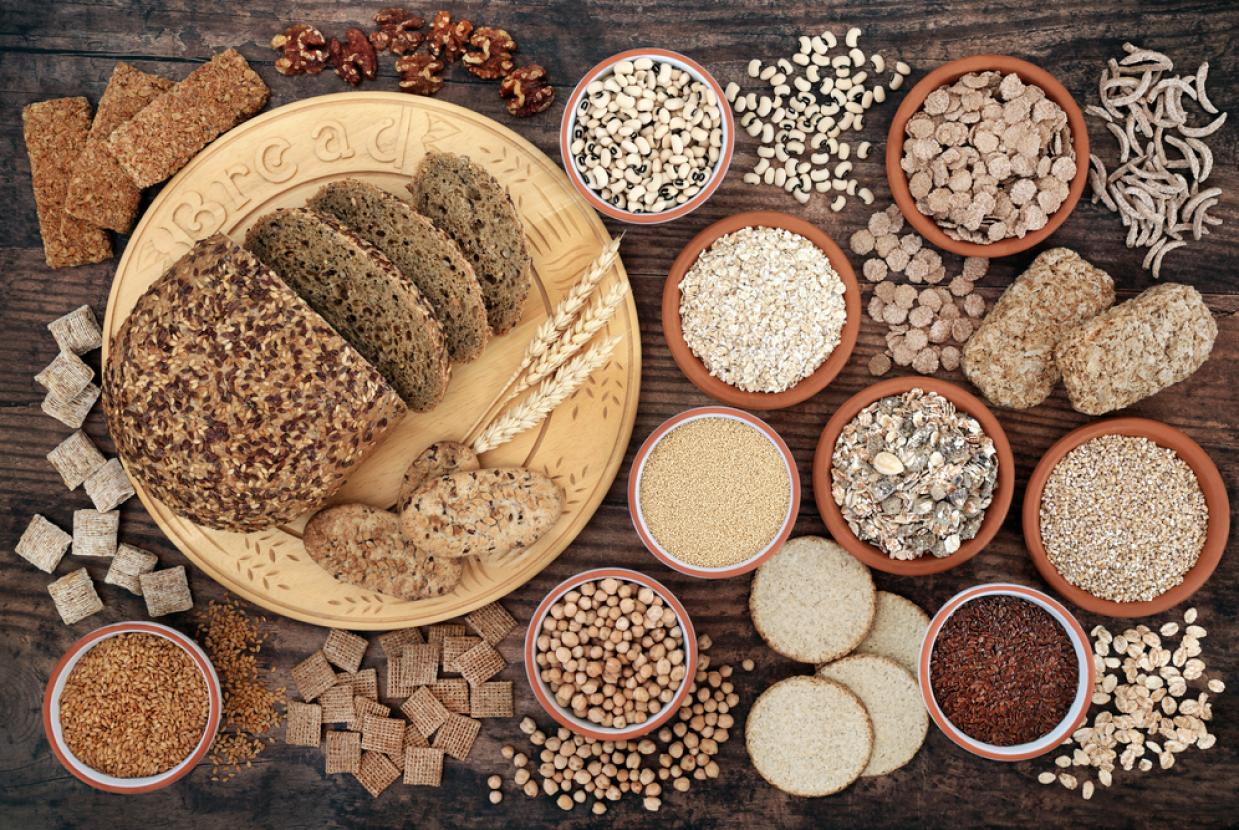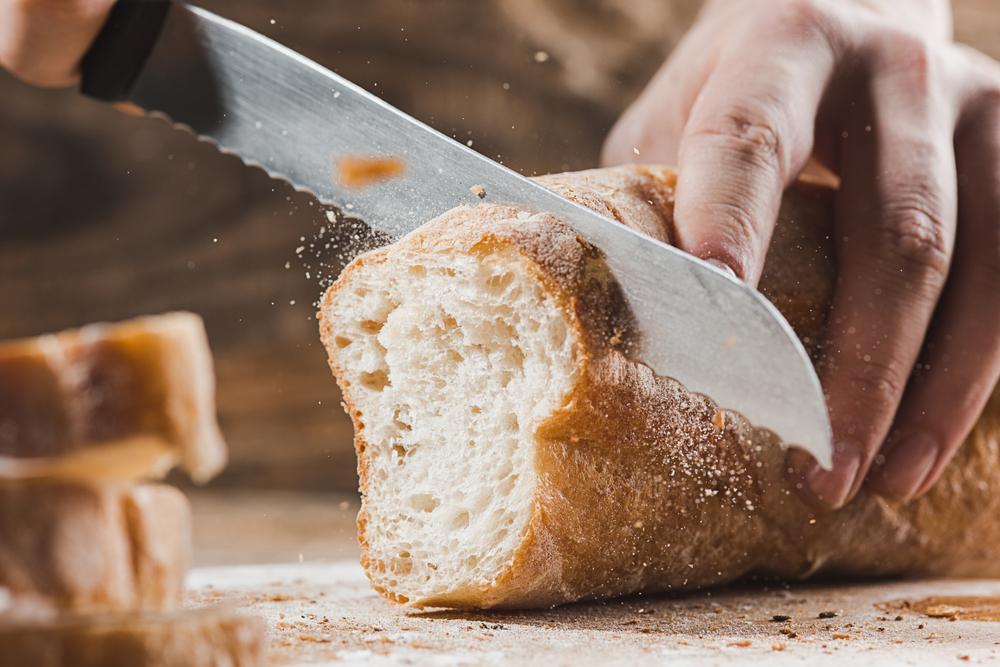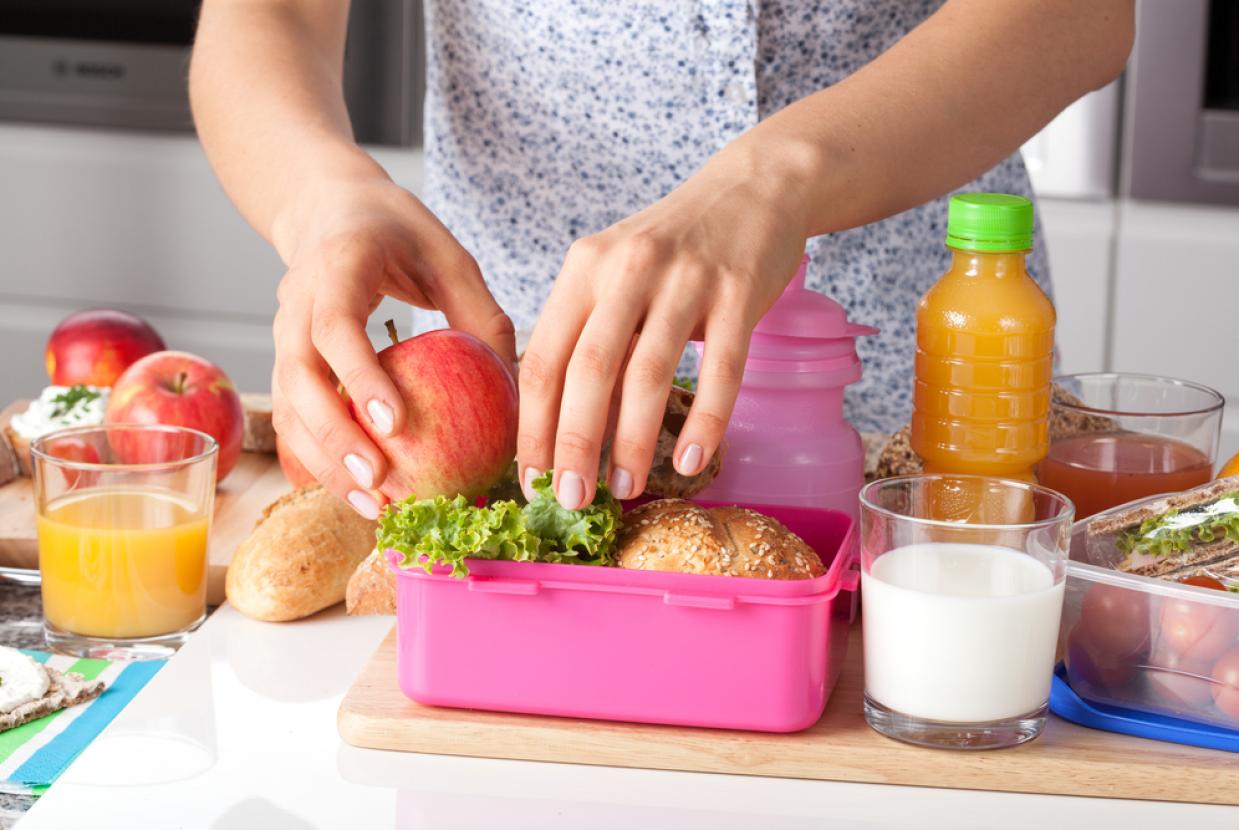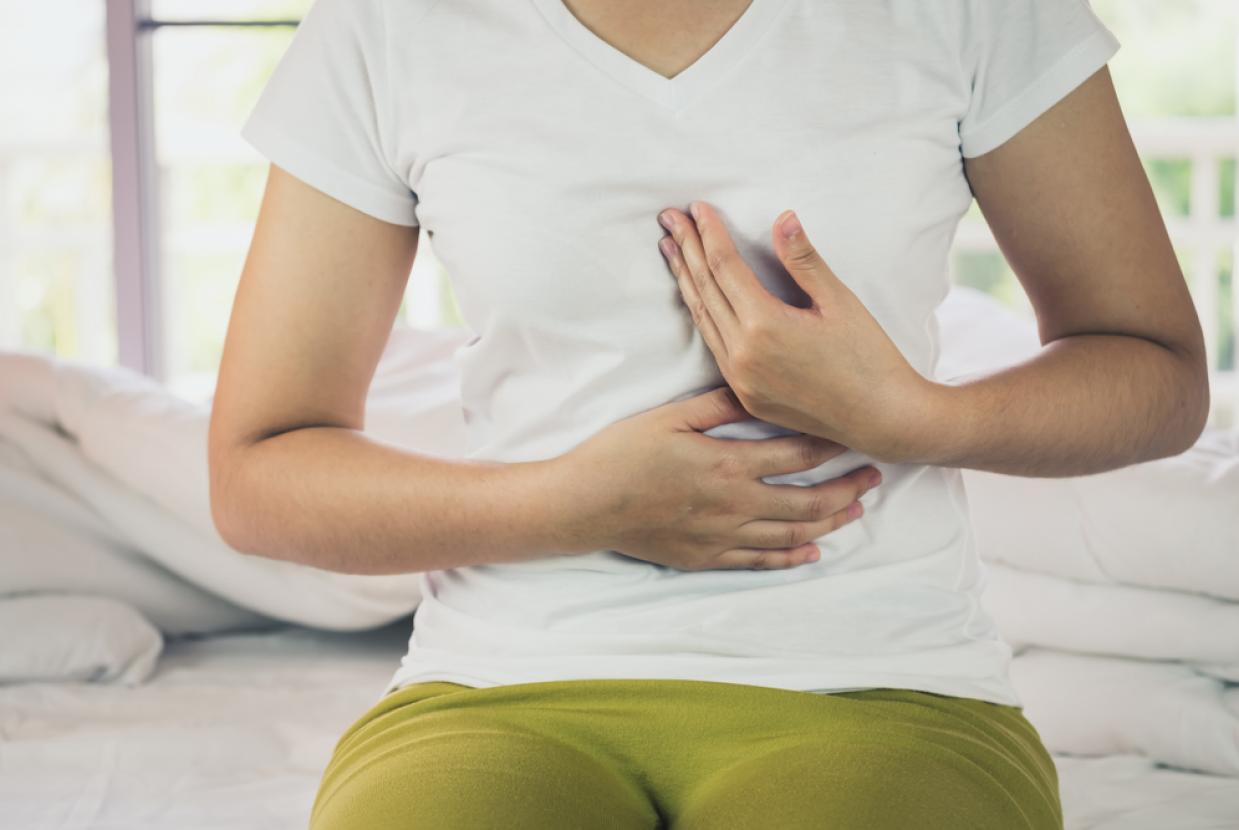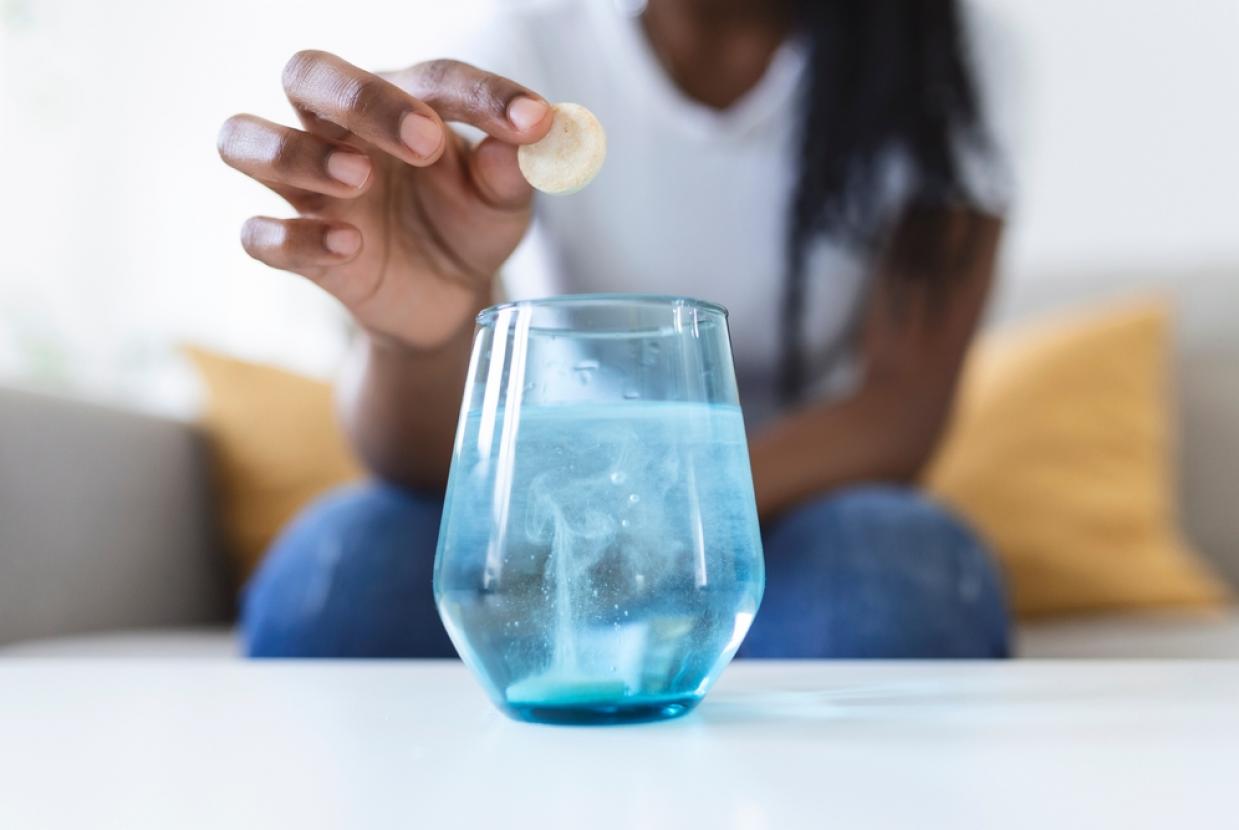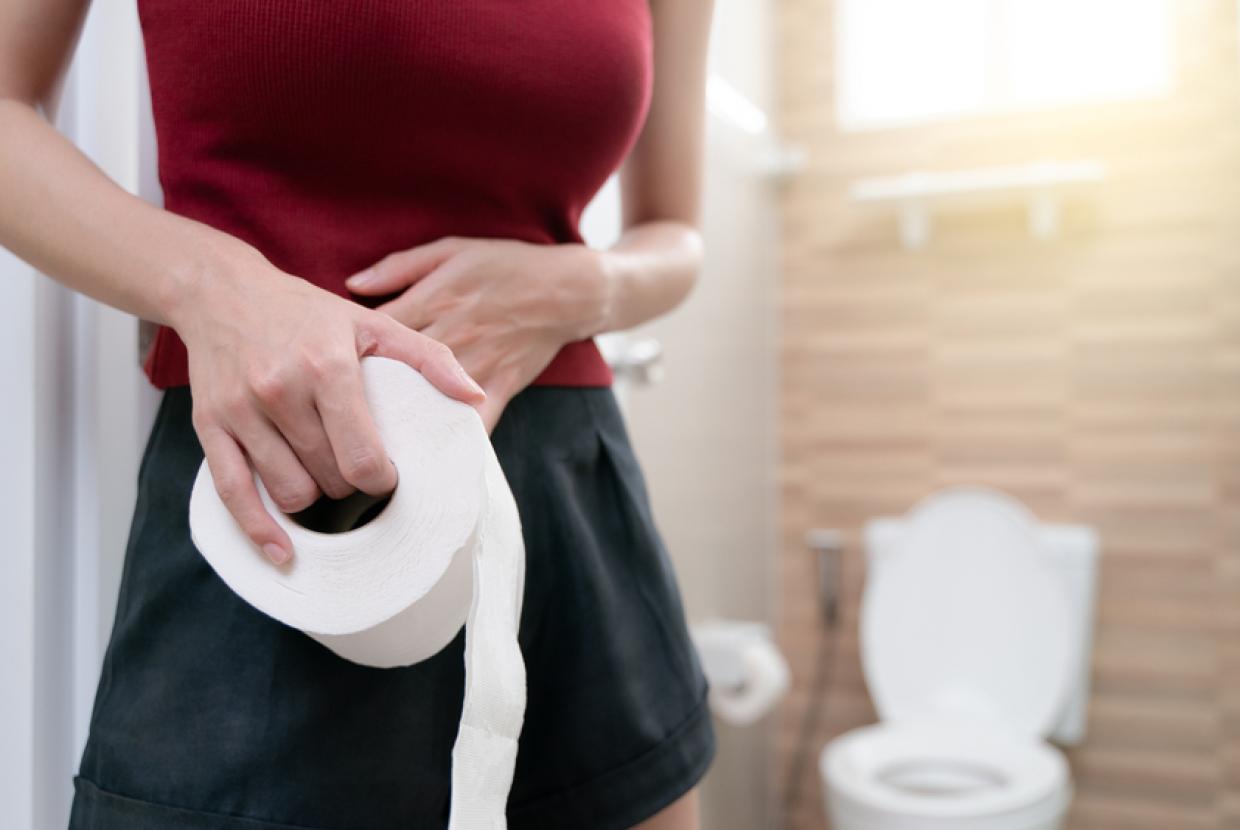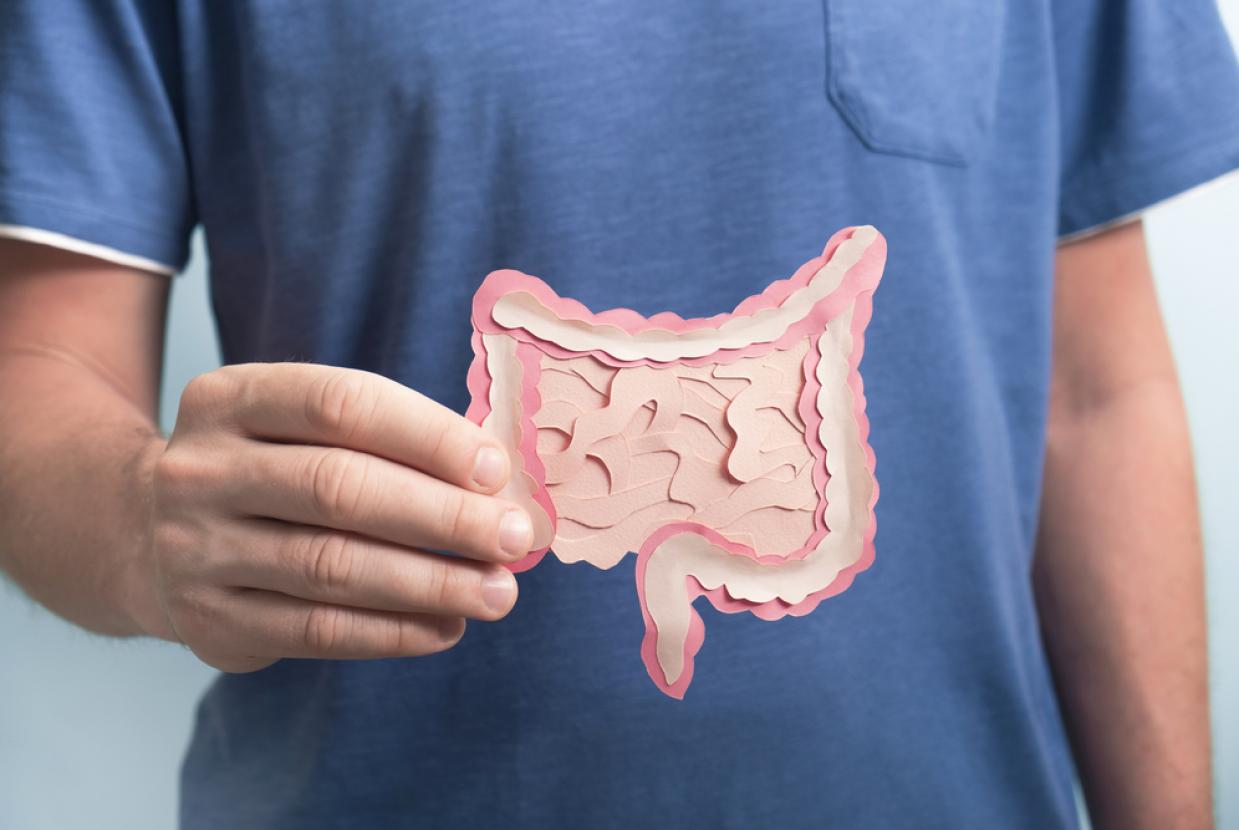Gallbladder Removal
Your treatment plan for gallstones depends on how the symptoms are affecting you.
If you do not have any symptoms, you won't receive immediate treatment. But you should let your GP know if you notice any symptoms.
As a general rule, the longer you go without symptoms, the less likely it is that your condition will get worse.
When you'll have treatment
Some conditions increase your risk of developing complications. You may need treatment if you have conditions such as:
- scarring of the liver (cirrhosis)
- high blood pressure inside the liver. This is portal hypertension and is often a complication of alcohol-related liver disease
- diabetes
Sometimes a scan can show high levels of calcium inside your gallbladder. If this is the case, your GP may recommend treatment. This is because this can lead to gallbladder cancer in later life.
If you have a lot of abdominal pain (biliary colic), treatment depends on how the pain affects your daily life.
If the pain is mild and infrequent, your GP may give you painkillers. They will also give you advice about eating a healthy diet to help control the pain.
Some people have bloating and diarrhoea after eating fatty or spicy food. If certain foods do trigger symptoms, avoid them in the future.
Surgery to remove the gallbladder is usually recommended if your symptoms are more severe.
The gallbladder isn't an essential organ. You can lead a normal life without one.
Keyhole surgery to remove the gallbladder
Your GP will usually recommend you have keyhole surgery. This is to remove your gallbladder. The medical name for this surgery is a laparoscopic cholecystectomy.
Before keyhole surgery
Keyhole surgery to remove the gallbladder is usually performed under a general anaesthetic. This means you'll be asleep during the procedure. You won't feel any pain during surgery.
The operation takes 60-90 minutes.
During keyhole surgery
During keyhole surgery the surgeon will make 3 or 4 small cuts in your abdomen (tummy). One larger cut will be by the belly button. This cut will be about 2 to 3cm long. The others will be on the right side of your tummy.
The surgeon will inflate your tummy using carbon dioxide gas. This is harmless. It makes it easier for the surgeon to see your organs.
A laparoscope is a long thin telescope. It has a tiny light and video camera at the end. Your surgeon will insert this through one of the cuts in your abdomen.
This allows your surgeon to view the operation on a video screen. Your surgeon will then remove your gallbladder using special surgical instruments.
Your surgeon may also carry out an X-ray or ultrasound scan of the bile duct. They'll do this if they think there might be gallstones in there. If they find gallstones they may remove them.
After keyhole surgery
You can usually go home the same day. Full recovery takes around 10 days.
Single-incision keyhole surgery
This is a newer type of keyhole surgery. It's to remove the gallbladder.
Your surgeon will only make 1 small cut. This means you'll only have a single scar.
But this type of keyhole surgery is new. There are still some uncertainties about it.
Access to this surgery is also limited. This is because it needs an experienced surgeon with specialist training.
Open surgery to remove the gallbladder
You may have to have open surgery if keyhole surgery isn't possible. You might also need open surgery if an unexpected complication happens.
Keyhole surgery may not always be recommended.
You doctor may tell you not to have keyhole surgery if you:
- are in the last 3 months of pregnancy
- are extremely overweight
- have an unusual gallbladder or bile duct structure that makes keyhole surgery difficult
If this is the case, you may have open surgery to remove the gallbladder. The medical name for this is an open cholecystectomy.
During open surgery
Your surgeon will make a 10-15cm cut in your tummy. This cut will be underneath the ribs. This is to remove your gallbladder. You'll be asleep under general anaesthetic. You won't feel any pain during the operation.
After open surgery
Open surgery is as effective as keyhole surgery. It does have a longer recovery time. It causes more visible scarring.
Most people have to stay in hospital for up to 5 days. It can take 6 weeks to recover.
Endoscopic Retrograde Cholangio-Pancreatography (ERCP)
This is a procedure to remove gallstones from the bile duct.
The gallbladder isn't removed during this procedure.
Any stones in the gallbladder will remain unless removed using other surgical techniques.
ERCP is like a diagnostic cholangiography. This is where an endoscope is passed through your mouth. It goes down to where the bile duct opens into the small intestine. An endoscope is a long, thin flexible tube with a camera at the end.
During ERCP
Your surgeon will widen the opening of the bile duct. They'll do this either with a small cut or a heated wire. The bile duct stones are then removed or left to pass into your intestine and out of your body.
Sometimes a small tube called a stent is put in the bile duct. This is to help the bile and stones pass.
An ERCP is usually carried out under sedation. This means you'll be awake throughout the procedure. But you won't experience any pain.
After ERCP
The ERCP procedure lasts about 30 minutes. But it can take from 15 minutes to over an hour. You may need to stay overnight in hospital after the procedure. This is so doctors and nurses can check you are okay.



